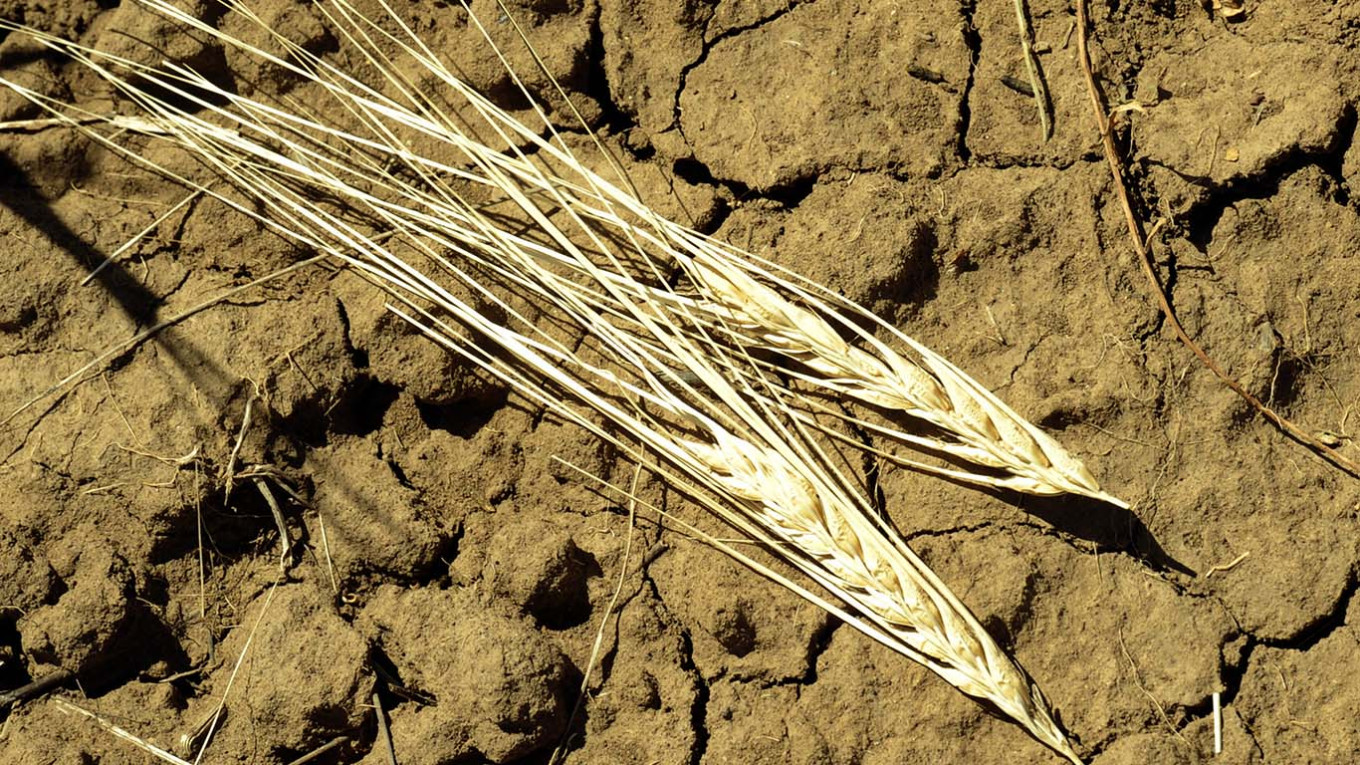A persistent drought in the Krasnodar region of southern Russia has resulted in agricultural losses amounting to approximately 46 billion rubles (around $572 million) this summer, as reported on Wednesday by a local agribusiness advocate.
“Damage from the drought in the northern areas of [the Krasnodar region] has reached nearly 46 billion rubles,” stated Konstantin Yurov, chairman of the People’s Farmer of Kuban association, in remarks to local media. “This translates to a loss of about 2.8 million tons of grain.”
The European Drought Observatory, under the European Commission’s Joint Research Center, indicated that, by late July, much of northern Krasnodar was under the highest drought alert, with the remainder of the region experiencing various warning levels.
Earlier this summer, officials in Krasnodar declared a state of emergency across nine districts—comparable to U.S. counties—due to an extended dry period that has significantly impacted many farmers in the area, which is a vital center for grain, vegetable, and sunflower cultivation. This declaration enables farmers to access government support.
Yurov mentioned that his organization had urged the Russian Agriculture Ministry to extend loan repayment deadlines and postpone leasing fees for struggling farmers to help prevent bankruptcy.
The People’s Farmer of Kuban association had previously cautioned that regions affected by the drought might see up to a 25% decrease in crop yields for wheat, corn, and sunflowers during the upcoming fall harvest.
In spite of the losses, the Russian Agriculture Ministry still anticipates a national harvest of 135 million tons, slightly higher than last year’s 129.8 million tons, attributing this to robust yields from the Central, Volga, and North Caucasus regions. While the country’s food supply seems stable, analysts warn that the drought could potentially impact Russia’s grain exports.
Climate scientists note that the frequency and severity of droughts worldwide are escalating due to fossil fuel combustion and other human activities that increase greenhouse gas emissions.

